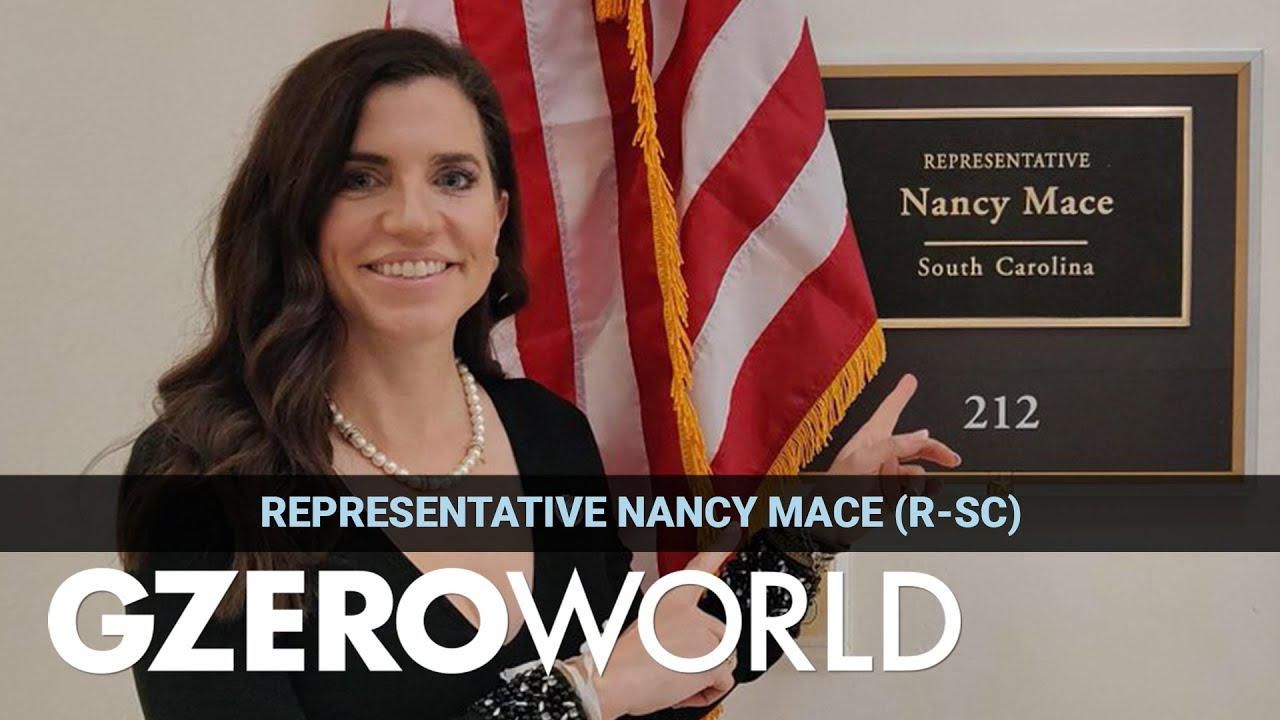GZERO World Clips
The worst time to enter Congress: Republican Congresswoman Nancy Mace

The Worst Time To Enter Congress | Republican Congresswoman Nancy Mace | GZERO World

Freshman Republican Congresswoman Nancy Mace of South Carolina joined Ian Bremmer on GZERO World to recount her harrowing experience on Capitol Hill during the January 6 riots and to explain why she did not support impeaching a president she strongly condemned. She'll also discuss where she thinks Democrats and Republicans in Congress can come together in 2021.This is an extended interview from the recent GZERO World episode: After the insurrection: will Congress find common ground?
Mace referenced Representative Alexandria Ocasio-Cortez's account of the January 6 riots in a tweet on February 4. In late January, she told Ian Bremmer about her own experience on Capitol Hill that day. "I started to make my way back to my office, but I was unable to get to my building because of threats at the Capitol. In fact, there was a pipe bomb that was found just steps away from the Cannon Office building at C and First Street. And looking back at it now, I walked by a pipe bomb where that was to get into my office that day."
Mace recalled how she was stuck in a tunnel underneath the Capitol, trying to get back to her office. "I read police reports this week of rioters that knew that there were some members stuck in the tunnels underneath the Capitol, and they were trying to go down, find a way to get down there to find us and capture us. And so it was a very scary day. It's a day I will never forget. Our lives were at risk and were put in grave danger," she told GZERO World.
100 million: The number of people expected to watch the Super Bowl halftime performance with Bad Bunny, the Puerto Rican superstar and newly minted Album of the Year winner at the Grammys.
Think you know what's going on around the world? Here's your chance to prove it.
An imminent US airstrike on iran is not only possible, it's probable.
Americans are moving less — and renting more. Cooling migration and rising vacancy rates, especially across the Sunbelt, have flattened rent growth and given renters new leverage. For many lower-income households, that relief is beginning to show up in discretionary spending. Explore what's changing in US housing by subscribing to Bank of America Institute.